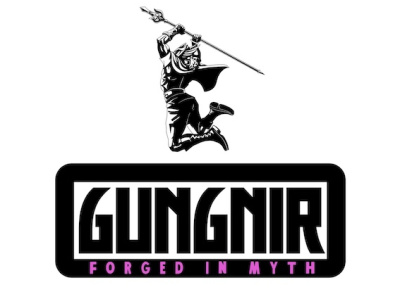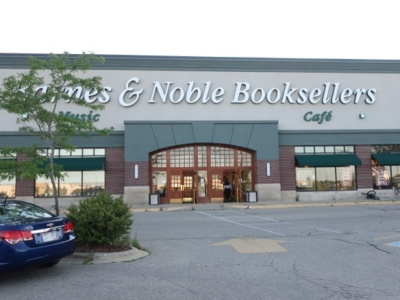I had every intention of writing a nice, polite little column about Free Comic Book Day. You know, how it's our once a year National Open House that gives you the perfect opportunity to spruce up your shop and create a positive image for your business in your community. Not to mention it's a chance to take part in the best word of mouth advertising campaign our medium and industry ever had.
I was ever going to include tips on how to have a more successful FCBD; honest. But a couple of things got in the way.
The first came when I read 'On the Subject of Sell-Outs with DC's Bob Wayne,' which concluded the sell-outs of nineteen of the publisher's One Year Later titles (though he avoids attributing blame to anyone) is the fault of retailers who didn't order enough of them, not DC's for not printing enough. Well on the surface I really can't argue with that line of logic; Dark Star sold out of quite a few of these comics and we had every opportunity to order more. I'll even cop to the fact demand outstripped supply and we didn't see it coming.
But if Bob Wayne thinks ordering comics is a breeze, let's consider just one of the new DC titles we're supposed to order this month; The All-New Atom. It's written by Gail Simone (good), based on concepts by Grant Morrison (very good) and features art by John Byrne (who can be very good, when inspired). Those are all positives, but then you have to consider the character's previous track record.
His title was cancelled in the Silver Age, and then he was forcibly teamed up with Hawkman in a title that likewise was cancelled. His comic didn't sell either when Gil Kane lopped off the top of his cowl and became a tiny Conan in Sword of the Atom, or when he went back to crime fighting in Power of the Atom. None of them sold for long; none.
So when you take all of that into consideration (and factor in that former star artist John Byrne has had two series cancelled out from under him in so many years), plus the fact that the hardest thing a publisher can do is launch a new super-hero title... well, I hope Mr. Wayne understands why a new Atom comic doesn't automatically inspire a lot of consumer confidence.
Then there was his second point:
'But I don't think DC ever said or intended that the One Year Later titles were designed as a tool to bring in new readers who were unfamiliar with comics and/or our core characters.'
Upon reflection I found he was right; nowhere in writing had DC said they were going to revert their characters, Zero Hour style, back to basics. But I have to admit I had been rather hoping the publisher would use OYL as an opportunity to shake up their status quo and rely not so heavily on the worn out tropes that made Infinite Crisis necessary in the first place. And while a number of the comics have been effective jumping on spots (Firestorm, Batman, Aquaman, etc.), right out of the gate a lot of them put readers knee deep in the weeds. Nightwing, for example, had always been a dense psychological jock opera but now it's positively impenetrable.
The second thing that got in the way of our regularly scheduled column was that comic books orders are due. Dark Star manager Tad Cleveland worked on them, then I put in my two cents, then our owner Mary Alice Wilson took the Diamond Previews books home with her. And when she finally got to the Marvel supplement she said something that got my attention:
'To the best of my memory the last time it (the Marvel section) was this big a lot of people went out of business.'
What she meant was that Marvel is now publishing more comics than the market will bear and (once again) retailers will order comics their customers can't afford to buy. You might want to listen to her too, because she's a woman that has a great deal of experience in the retail trade who's been through the boom and bust cycle that's devastated our industry several times.
She knows this cycle isn't inevitable; that the American comic book industry is quite capable of steady, sustainable (like it? It's my new favorite word; you'll be reading it a lot this year) growth. But not when the two big publishers find it so easy and profitable to ask retailers to shoulder the bulk of the risk that comes with the direct sales market.







